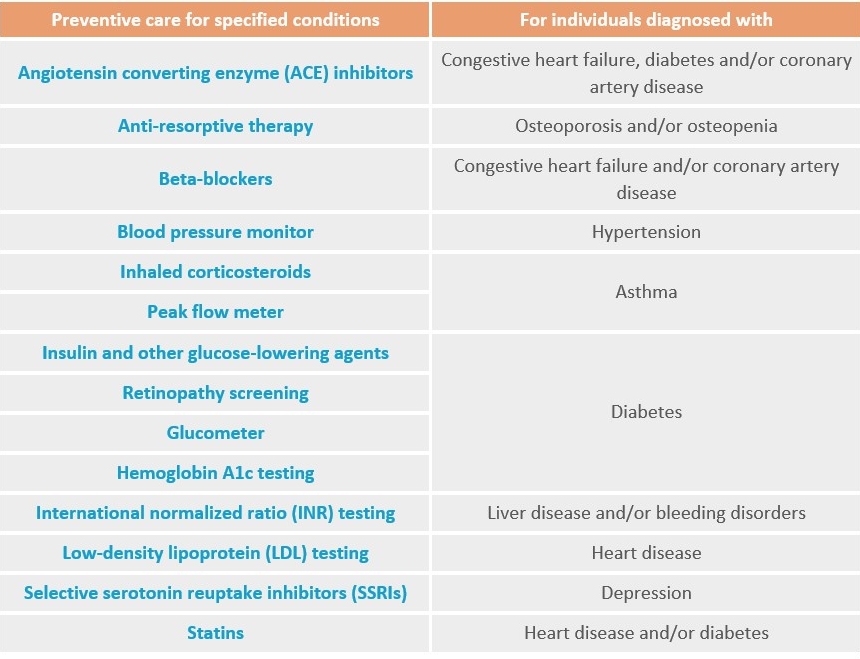OVERVIEW
On July 17, 2019, the IRS released Notice 2019-45 to add care for a range of chronic conditions to the list of preventive care benefits that can be provided by a high deductible health plan (HDHP) without a deductible.
Individuals who are covered by an HDHP generally may establish and make contributions to a health savings account (HSA). To qualify as an HDHP, the plan cannot provide benefits for any year until a minimum deductible is satisfied. However, an HDHP may provide benefits for preventive care without imposing a deductible.
IRS Notice 2019-45 classifies certain medical care services and items, including prescription drugs, for chronic conditions as preventive care for individuals with those chronic conditions.
ACTION STEPS
This guidance makes it easier for HDHP participants to receive benefits for medications and other care to treat their chronic conditions. Employers with HDHPs should review their plan documents and consult with their carriers and benefit administrators, if necessary, to determine how their plans cover preventive care benefits.
HDHP – Preventive Care
To be eligible to establish an HSA and make contributions, an individual must be covered under an HDHP and have no disqualifying health coverage. An HDHP is a health plan that satisfies requirements for minimum deductibles and out-of-pocket maximums.
Except for preventive care benefits, no benefits can be paid by an HDHP until the minimum annual deductible has been satisfied. An HDHP may apply a low deductible (or no deductible) to its coverage of preventive care.
The IRS has provided guidance on permissible preventive care benefits for HDHPs. These benefits include, for example, periodic health exams (such as annual physicals), routine prenatal and well-child care, immunizations and screening devices and tests (such as cancer screenings).
As a general rule, preventive care generally does not include any service or benefit intended to treat an existing illness, injury or condition. For cost reasons, individuals with chronic conditions may not obtain necessary medical care, leading to consequences that require considerably more extensive medical intervention (for example, amputation, blindness, heart attacks and strokes).
Executive Order
On June 27, 2019, President Donald Trump signed an executive order aimed at improving price and quality transparency in health care. The order directs federal agencies to issue guidance in several areas regarding health care costs. Specifically, the executive order directs the Treasury Department and IRS to expand the ability of patients to select HSA-compatible HDHPs that cover low-cost preventive care, before the deductible, that helps maintain health status for individuals with chronic conditions. The IRS issued Notice 2019-45 in response to this executive order.
Expanded Preventive Care for Chronic Conditions
Notice 2019-45 provides that certain medical care services and items, including prescription drugs, for certain chronic conditions should be classified as preventive care under the HDHP rules for individuals with those chronic conditions. These medical services and items are limited to the ones listed below for individuals with the corresponding conditions:

These additional services and items are treated as preventive care only when prescribed to treat an individual with the specified chronic condition, and only when prescribed to prevent the exacerbation of the chronic condition or the development of a secondary condition.
If an individual is diagnosed with more than one chronic condition, all listed services and items applicable to the two or more conditions are preventive care. However, services and items not listed above that are for secondary conditions or complications that occur are not considered preventive care for HDHP purposes.
In addition, Notice 2019-45 clarifies that its guidance does not impact the definition of preventive care under the Affordable Care Act (ACA). Under the ACA, non-grandfathered health plans must cover specific preventive care services without any participant cost-sharing.
